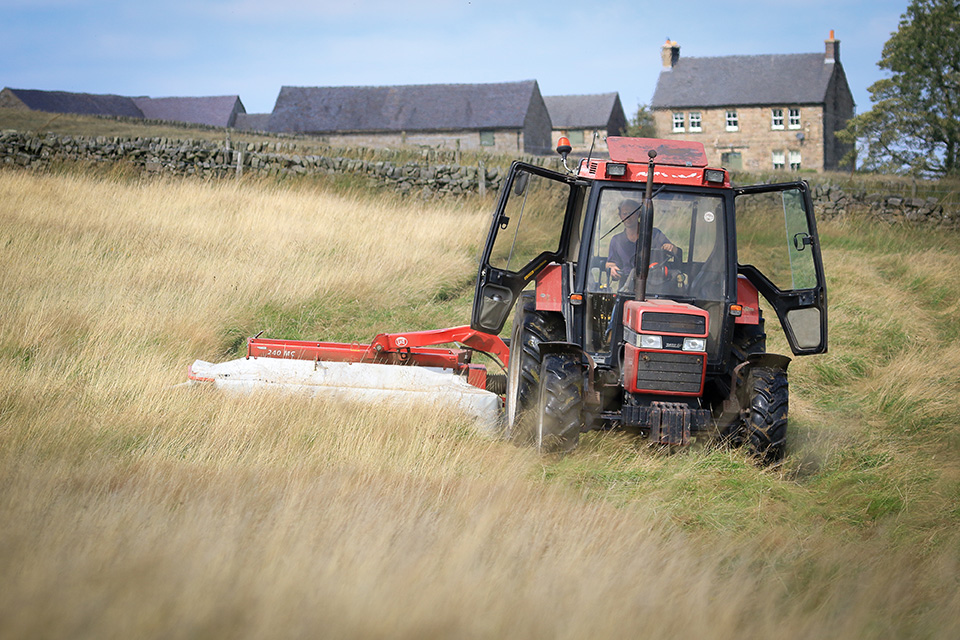Locally-tailored, flexible support schemes
Research carried out during an Environmental Land Management Scheme Test has shown that there is a high financial dependency on public support schemes by farmers, land managers and owners in the Peak District.
However, coverage of agri-environment schemes fell from 80% in 2014/15 to 40% in 2018/19, due to poor payment rates and restrictive options.
Prescriptive rules and timings that do not account for local variations in weather, ground conditions and other factors make it difficult for farmers and land managers in the Peak District to plan and stick to agreements, with climate change compounding the issue.
The main request received in a series of farmer, land manager and owner workshops carried out by the Peak District National Park Authority was for reward and recognition for what has already been delivered, and for maintaining sites that are rich in nature or managed with nature in mind. This is an essential prerequisite to maintaining our current natural capital. Further significant incentives will be required to reverse past depletion and recover nature.
Schemes must therefore be financially attractive, and practically deliverable. The Farming in Protected Landscapes (opens new window) programme has begun addressing some of the issues, by being led by farmers, having flexibility in funding options, quick payment turn around, and integrated advice. However, participation in Farming in Protected Landscapes has also been influenced by the link to low Countryside Stewardship payment rates, particularly around cost and availability of materials, including costs and practicalities of delivering to remote areas, and some skills shortages. It also does not currently provide the certainty of regular, long term income streams.
# For nature
- Easier for farmers and land managers to access and deliver scheme funding, making them more likely to enter schemes and take action for nature.
- Local, flexible schemes mean they are more likely to deliver for local wildlife, in local circumstances.
- Advice goes hand in hand with funding, maximising opportunities for nature recovery.
- Entering a scheme can lead to longer-term integration of nature into the farm business.
# What else can local schemes deliver?
- Confidence in taking action, with advice first, not financial penalties.
- Flexible schemes can make it easier to integrate private finance.
- Schemes can be more easily integrated into different tenancy models, and make it easier to set and achieve shared outcomes.
- Locally-administered schemes can add financial assurance, through certainty of payments and payments being made in a timely manner, helping farm businesses become more sustainable.
- Applying and delivering a scheme could be easier and less stressful, helping to improve mental health.
# In practice
- Take a landscape approach – consider how individual actions knit together to recover nature at scale.
- Take opportunities to feed back to Defra on what is working and what isn’t.
- Use the learnings from the Environmental Land Management Tests & Trials, local farmer workshops and ongoing liaison, and Farming in Protected Landscapes (opens new window) Programme to influence local design of environmental schemes.
- Seek advice and guidance in order to maximise scheme efficiency and enhance farm sustainability and profitability.
